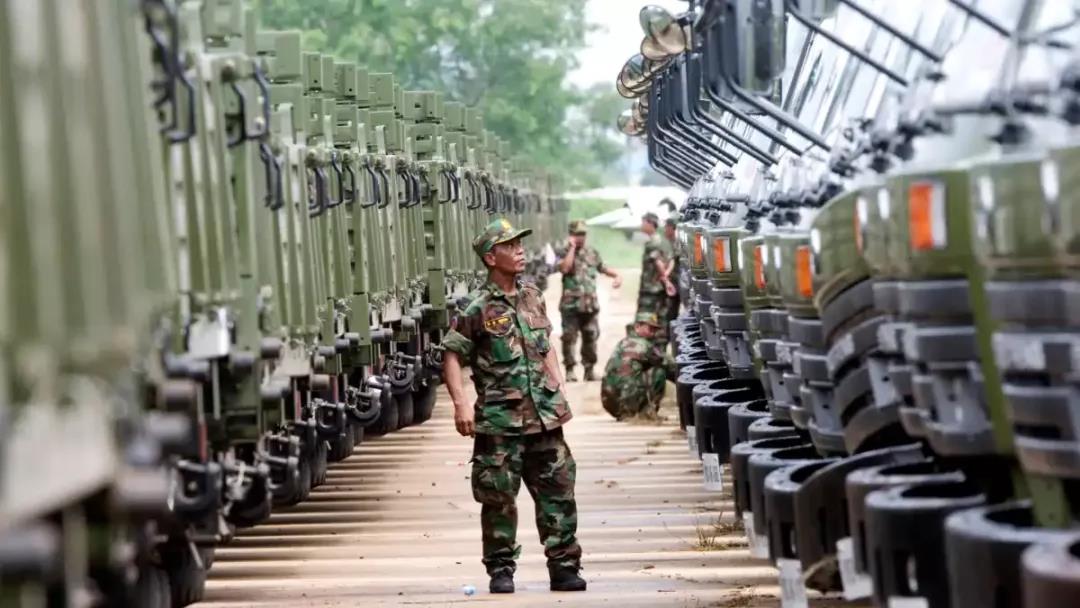Time: 2024-09-12
韦克威科技
Revitalizing Southeast Asia?
Retrieve influence from China in Southeast Asia? Antony Blinken's departure is imminent, four countries are targeted, and Cambodia suffers first? China is currently reducing its dimensionality and striking, with advanced technology! With the acceleration of China's rise, the United States' containment efforts against China have also correspondingly increased. During this process, the strategic focus of the United States gradually shifted towards China's periphery. A renowned expert on China in the United States once pointed out that in the confrontation between major powers in China and the United States, the United States should closely monitor Southeast Asia, and pointed out that although China's influence in Southeast Asia has increased, the United States can still regain this "influence" from China. At present, the United States has already taken action. According to the Japanese Nikkei Asia Review quoted by the Reference News, US Secretary of State Antony Blinken will visit Southeast Asia in a few days, including Indonesia, Malaysia and Thailand. It is reported that this is Antony Blinken's first visit to these countries. As for the purpose of the visit, the United States has also been very direct. US Assistant Secretary of State Tenbrink said that Antony Blinken's trip to Southeast Asia will strengthen security construction in the region. Obviously, this sentence sets the stage for rendering the "threat theory", and subsequently points out that this is a necessary measure to respond to China's actions in the region. From a geographical perspective, it can also be understood that Southeast Asia will eventually be targeted by the United States. From a geopolitical perspective, Southeast Asia is located at the geographic center of the US Indo Pacific strategy, which also determines that the US will strengthen its "cooperation" with the ASEAN region in the future, especially in the military aspect. The reason why 'cooperation' is enclosed in quotation marks is because there are many articles involved. Antony Blinken's visit is imminent, and Cambodia, which is not in the visiting ranks, is the first to suffer. According to Reuters, the United States has recently imposed sanctions on Cambodia, including an arms embargo and new export restrictions. And the reason is only to cope with China's increasing influence on Cambodia. Obviously, the sanctions imposed by the United States on Cambodia seem to be a declaration to the outside world that the so-called "recapture of Southeast Asia" by the United States mainly relies on pressure, including both economic and military pressure. Therefore, it can be predicted that Antony Blinken's departure is imminent, and the disaster of four Southeast Asian countries, including Cambodia, is a certainty. Ultimately, is it possible for the United States to regain its influence and replace China's position in Southeast Asia? In fact, the United States can change the existing pattern in Southeast Asia, but this can only be achieved through extreme means, including war. Based on the current situation in the United States, discussing this is meaningless because after withdrawing from Afghanistan, the United States has indirectly acknowledged that they no longer have the ability to effectively intervene in a regional conflict. Unlike the United States, China's expansion of influence in Southeast Asia mainly relies on economic cooperation, which is a more sophisticated approach and is equivalent to a downgrade attack on the United States. Moreover, Southeast Asia is right next to China, and we already have inherent geographical advantages. So, if the United States wants to squeeze China out here, there's no way!Source: Military of Strong Countries





